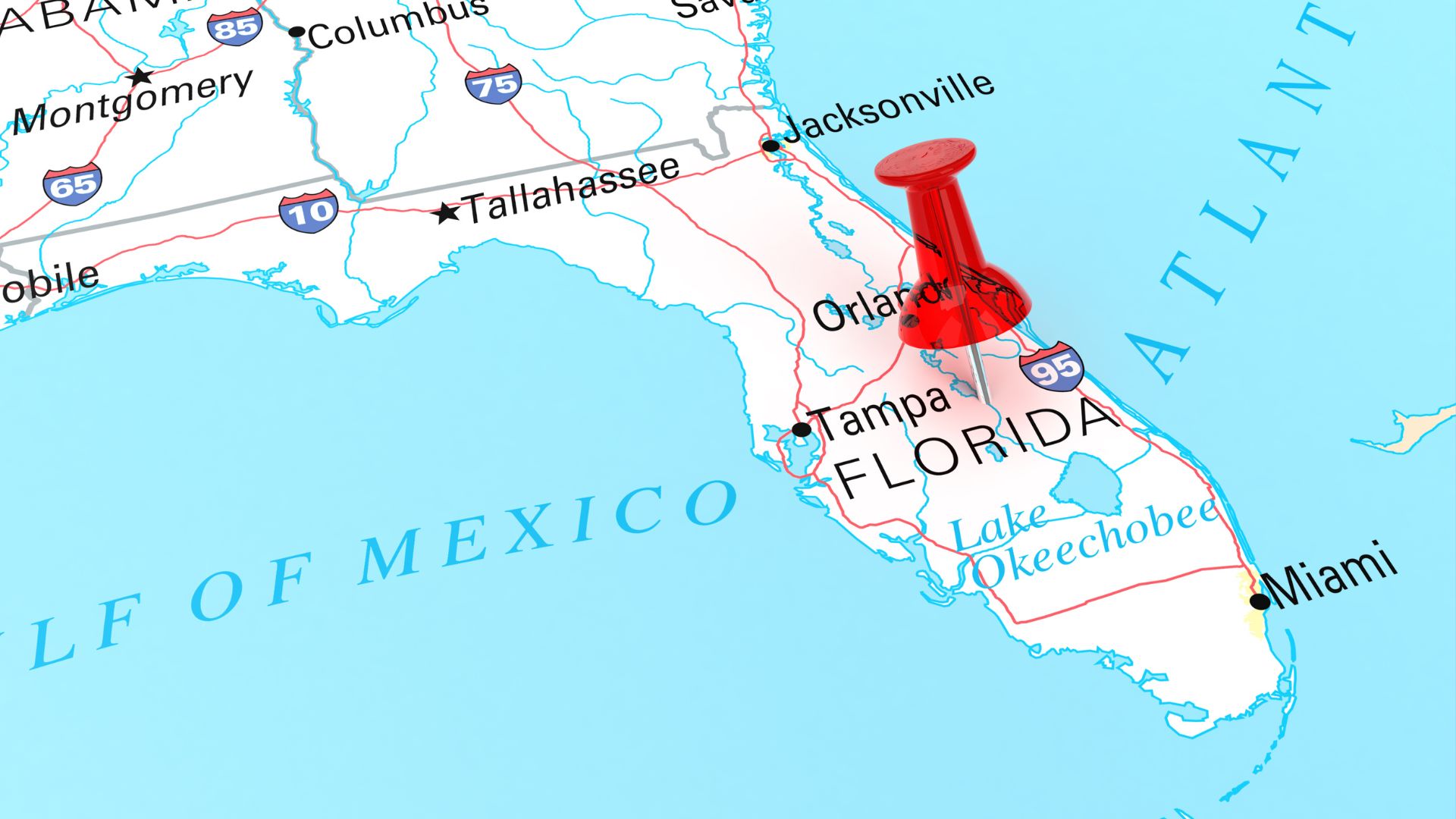Trust • Experience • Results
The Legal Grounds for Contesting a Will in Florida
In Florida, you cannot contest a will simply because you feel the distribution of assets is “unfair” or you were “left out.”
To have a valid case, you must prove the will is invalid based on specific legal grounds. Our firm has experience litigating cases involving:
- Undue Influence: This is the most common ground. It occurs when the person making the will (the “testator”) was coerced, manipulated, or pressured by another person to the point that the will reflects the influencer’s wishes, not their own.
- Lack of Testamentary Capacity: You must prove that at the exact time the will was signed, the testator did not understand:
- The nature and extent of their property.
- The people who were the natural objects of their bounty (i.e., their family).
- The act of what they were doing (signing a will).
- Improper Execution (Invalid Will): Florida has strict requirements for a will to be valid. It must be in writing, signed by the testator at the end, and signed by two witnesses, all in each other’s presence. Any deviation can render the will invalid.
- Fraud or Forgery: This involves proving the testator was tricked into signing the will (fraud in the inducement) or that the signature on the will is a forgery.
Inquire about a consultation with our team today.

Trust • Experience • Results
Who Has the Right (Standing) to Contest a Will?
Not just anyone can challenge a will. To do so, you must have “standing,” which means you are an “interested person” under Florida law. An interested person is someone who has a financial or legal stake in the outcome of the case.
This typically includes:
- Heirs-at-law (Intestate Heirs): Those who would have inherited from the estate under Florida law if no will existed (e.g., a spouse or child).
- Beneficiaries from a Previous Will: A person who was named as a beneficiary in a prior, valid will but was cut out or given less in the new will.

Common Reasons to Contest a Will
Undue Influence
The testator was manipulated, coerced, or pressured by a bad actor into signing or changing the will.
Lack of Testamentary Capacity
The testator was not of sound mind or did not understand the document they were signing.
Improper Execution
The will was not signed or witnessed according to the strict legal requirements of Florida law.
Fraud
The testator was intentionally tricked into signing the will or deceived about its contents.
Duress
The testator was forced to sign the will against their wishes under a direct threat of harm or retribution.
Revocation
A newer, valid will was discovered, making the contested will void and no longer legally binding.
Trust • Experience • Results
WARNING: You Have a Limited Time to Act
This is the most critical part of your case. If you miss the deadline to contest a will, your rights are permanently lost, regardless of how strong your evidence is.
In Florida, you must file your challenge before the probate case is closed. The deadline is strict:
- You have 90 DAYS from the date you receive a “Notice of Administration.”
- If you receive a “Formal Notice of the petition for administration,” you may have as little as 20 DAYS to file your objection.
Do not wait. If you have any suspicion about a will, you must speak to a probate litigation attorney immediately to ensure you do not miss these windows.

Trust • Experience • Results
Our Approach to Contesting a Will in Florida
Contesting a will is not a simple administrative matter; it is a formal lawsuit. Our attorneys are experienced litigators prepared to take your case from start to finish.
- Step 1: Confidential Case Review: We meet with you to review all evidence (medical records, emails, witness accounts) and determine if you have a valid case.
- Step 2: Filing the Petition: If you have standing and a strong case, we will file the formal petition with the court, laying out the legal grounds for challenging the will.
- Step 3: The Discovery Process: This is the evidence-gathering phase. We depose witnesses, subpoena medical and financial records, and build the factual foundation for your case.
- Step 4: Mediation & Negotiation: Many will contests are settled out of court. We are skilled negotiators who will advocate for your best interests to reach a fair settlement.
- Step 5: Trial: If a settlement cannot be reached, we are fully prepared to argue your case before a judge at trial.

Frequently Asked Questions
Trust • Experience • Results
Do You Believe You Have a Case?
Get Answers Now.
Finding out you have been disinherited or treated unfairly is a painful and confusing experience. But the clock is ticking.
Our experienced probate litigators are here to provide a confidential, no-obligation review of your case. We will listen to your story, examine the facts, and give you an honest assessment of your legal options.
Use form below for a confidential consultation request.






